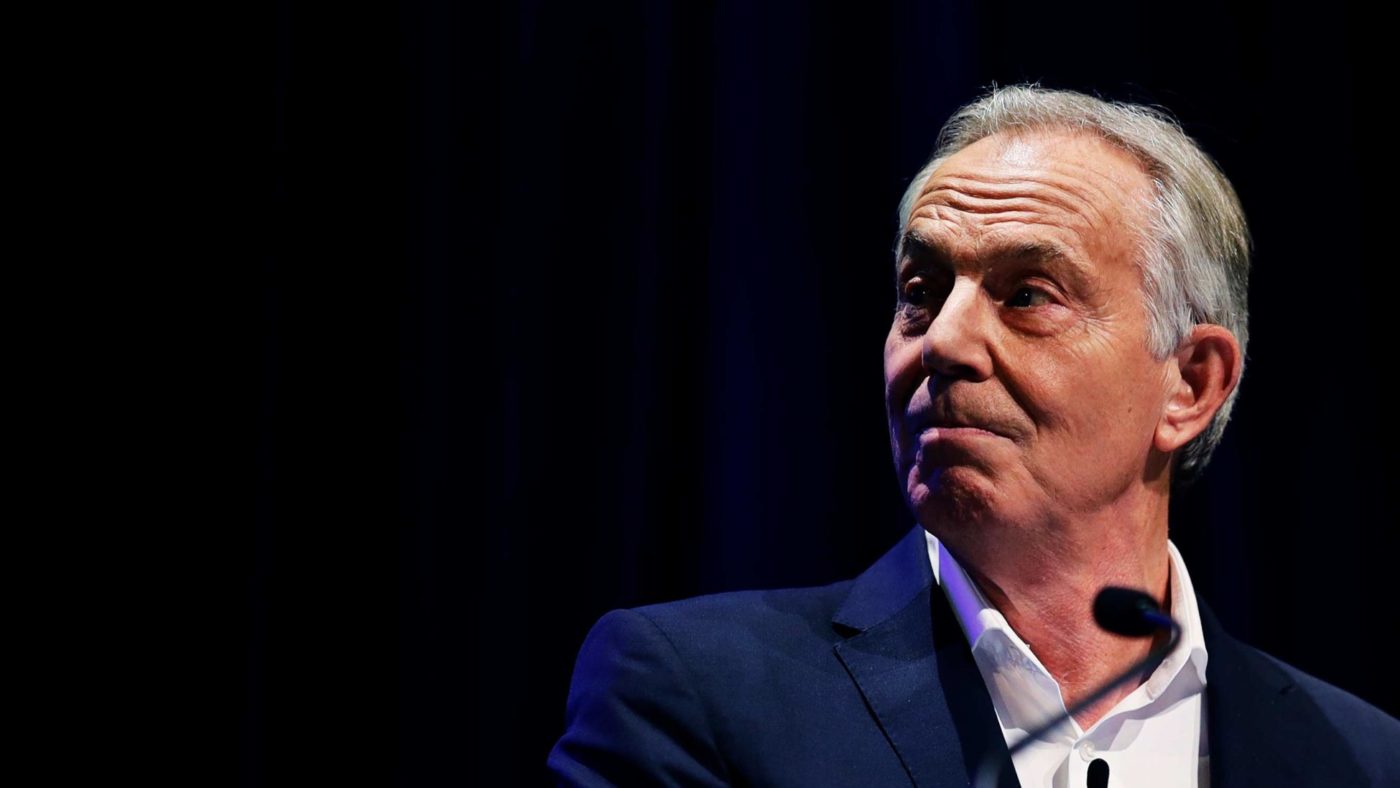It’s been a historic week for Labour, marking 120 years since the party’s formation. Ruminating on the occasion, Tony Blair noted ruefully – though with just a touch of self-congratulation – that he is one of only two people born in that period to have won a general election for Labour.
Just to drive home the state of his party’s electoral record, he noted that if Boris Johnson wins a second term, Labour will have spent more than three quarters of its entire history in opposition.
The problems facing what is still nominally Blair’s party are too numerous to dwell on, but one of his remarks that merits reflection is that for any chance of future success it “has to understand its own history”.
That was not just a reference to his own electoral achievements, which seem to be viewed as an affront to ideological purity by the charlatans currently running the show.
After all, despite being far longer, the Blair years pale in Labour mythology compared to the one-term post-war administration of Clement Attlee. This, they will tell you, was a radical, reforming leftwing government that changed the face of the country. It’s an assessment that is not so much untrue as overly partial.
To listen to some Labourites, the NHS and the welfare state were the epitome of a properly socialist approach to government. But, as Blair notes, the National Health Service was not the fruit of pure socialism but “grew out of a whole lot of things already happening, being discussed and debated”.
It was the Tories who proposed a ‘free’ and ‘comprehensive’ health service in their White Paper of 1944 – a point they only recently seem to have got round to emphasising – the difference was not whether a nationwide health service was desirable, but how it should be adminstered and by whom. And, famously, the report laying the foundation of the modern welfare state was written by a Liberal, William Beveridge. Likewise, Attlee, Ernest Bevin and Herbert Morrison were not socialist firebrands but, to quote Blair again, “very much on the moderate side of politics”.
Far from being successful when it was most leftwing, Labour’s most feted government reformed in line not just with the desires of its public, but the ideas of other parties (none of which prevented them losing the 1951 election anyway).
Of course, it’s understandable for a party to take credit for the big things that happened while it was government. Altogether less tolerable is the amnesia exhibited by contemporary Labour politicians. Take leadership candidate Rebecca Long-Bailey, whose grasp of recent history is so weak she gave Jeremy Corbyn a solid 10 out of 10 for steering the party onto the rocks.
One person who is learning from history, however, is Boris Johnson, who seems to have taken on the key insight from New Labour’s early years.
The narrative of that administration has become so overwhelmed by Iraq that it’s sometimes forgotten just how, frankly, Toryish Blair’s team could sound on issues such as welfare and immigration – be it John Reid bemoaning “foreigners who come to this country illegitimately and steal our benefits”, Harriet Harman cutting benefits for single parents or David Blunkett telling British Asians to speak English at home. The point being, if you occupy the entire political chessboard, your opponent doesn’t have many moves left.
With his march leftwards on economic policy – more intervention, a higher minimum wage and so on – the PM is leaving whoever does win the interminable Labour contest little room for manoeuvre.
And if they are to have any hope of becoming the second living Labour leader to have won an election, the winner of that race must learn the right lessons from history.
Click here to subscribe to our daily briefing – the best pieces from CapX and across the web.
CapX depends on the generosity of its readers. If you value what we do, please consider making a donation.


